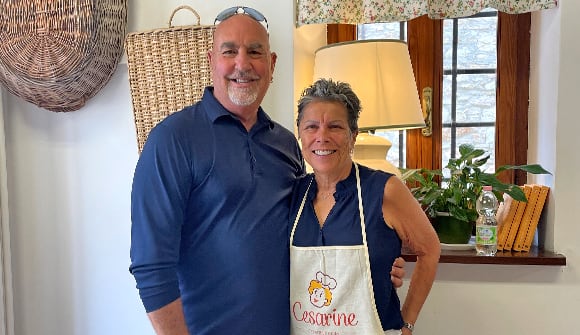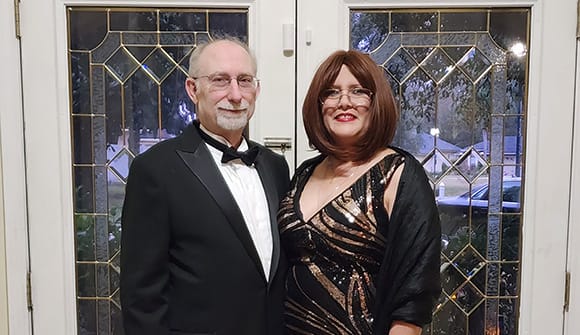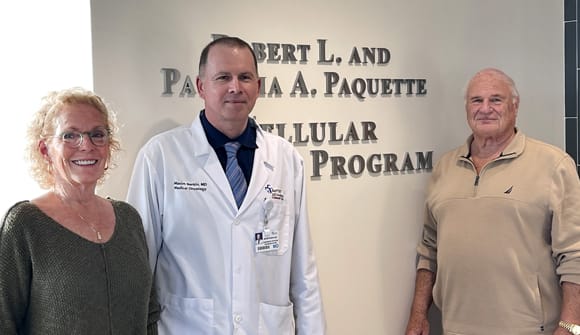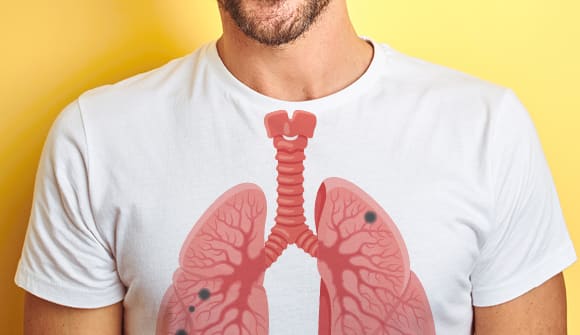HPV vaccine not just for women and teens
To develop immunity, children – both female and male – should be vaccinated.
Article Author: Johnny Woodhouse
Article Date:
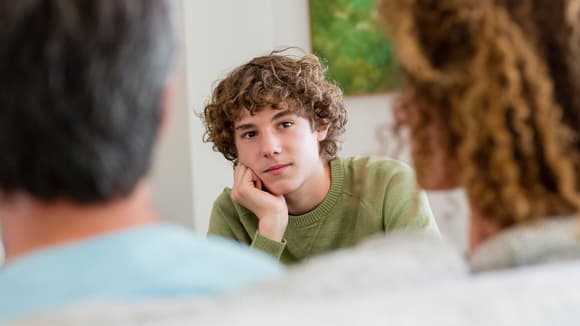
Every year in the United States, the human papillomavirus (HPV) causes 37,300 cancers in women and men, or more than half the fans at an average NFL football game. Thankfully, the HPV vaccine can prevent more than 90% of those from ever developing.
Who is at risk for HPV?
According to the Centers for Disease Control and Prevention (CDC), HPV is a very common sexually transmitted virus that affects more than 42 million people in the United States. About 13 million people, including teens, become newly infected with HPV each year.
"HPV is very common, with around 80% of the population being exposed at some point," said Faisal Ahmad, MD, an otolaryngologist and head and neck surgical oncologist with Baptist MD Anderson Cancer Center.
What cancers are caused by HPV?
Most people with HPV never develop symptoms or health problems, and most infections (nine out of 10) go away by themselves within two years. But sometimes, HPV infections will last longer and can cause cancers of the:
- Cervix, vagina and vulva
- Penis
- Anus
- Back of the throat (oropharynx), including the base of the tongue and tonsils
HPV has long been known to cause cervical cancer in women, but rates of HPV-caused throat cancers are also on the rise in men, with men more likely to develop oral HPV than women.
According to the CDC, 70% of oropharyngeal cancers are caused by HPV.
"Probably 80% to 90% of the throat cancers we see in the Head and Neck Center are caused by HPV," Dr. Ahmad said. "Any adult with a neck mass should see a physician and get a full workup to determine whether it may be arising from an HPV-related cancer."
Who should get the HPV vaccine?
The HPV vaccine is approved for people ages 9 to 45. The CDC recommends children ages 11 to 12 be vaccinated for HPV at the same time they receive shots for meningitis and whooping cough.
"Since transmission of HPV is related to sexual contact, vaccinating your child early helps protect against possible exposures later in life. However, the current vaccination rate is only around 59%," Dr. Ahmad said.
With more than 135 million doses administered in the United States, the HPV vaccine has a reassuring safety record that's backed by more than 15 years of monitoring and research, according to the CDC. But like any vaccine or medicine, the HPV vaccine can cause side effects, the most common being pain, redness or swelling in the arm where the shot was given, dizziness, fainting, nausea and headache. Fainting after any vaccine, including the HPV vaccine, is more common among adolescents.
But preventing cancer is always better than treating it.
A primary care physician can administer the HPV vaccine
It's always best to talk to your primary care provider about whether you or your child should get the HPV vaccine or any other vaccinations that can protect against devastating diseases.
